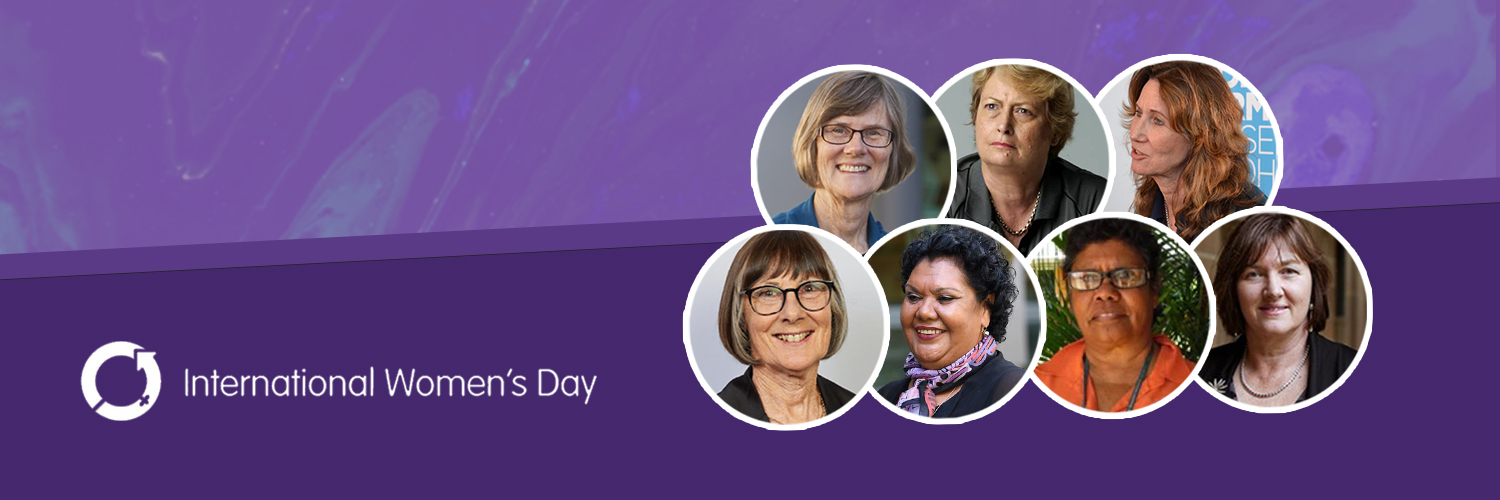Ahead of International Women’s Day, we are celebrating the achievements of some of the amazing women who work tirelessly to address alcohol harm around pregnancy.
These women dedicate their lives to supporting pregnant women, parents, children, teachers, social workers, health practitioners and policymakers to understand and mitigate health conditions caused by alcohol.
Alcohol consumption during pregnancy can lead to miscarriage, stillbirth, low birth weight and Fetal Alcohol Spectrum Disorder (FASD), which is a life-long condition causing brain injury and functional difficulties. For far too long the impacts of alcohol on pregnancy have been overlooked.
These women and others like them have worked tirelessly over years to raise awareness of FASD, advocate for their children and the needs of their children’s children. They have established diagnostic clinics and tools, presented more hours of training than is believed possible, developed resources, listened intently with individuals on the phone, talked calmly to journalists and politicians, dried many eyes, patched up many broken houses and skinned knees, and never once have admitted defeat.
Patience, Persuasiveness and Persistence
These are some of the women that we’d like to acknowledge and celebrate this International Women’s Day.

Sue Miers AM
Sue initiated the FASD movement in Australia, founding NOFASD Australia at her kitchen table in 1999. Sue was motivated by her personal experience caring for a child with FASD and her struggle to find information and appropriate support services in Australia. Sue remains actively involved in FASD policy and consumer advocacy.
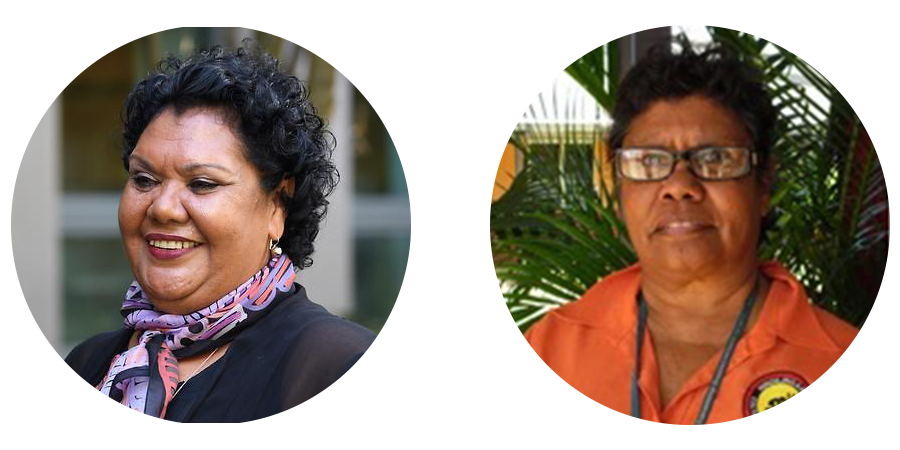
June Oscar AO and Maureen Carter
June Oscar and Maureen Carter are Indigenous leaders from Fitzroy Crossing in the Kimberley region of WA, who were instrumental in developing and progressing the Marulu FASD Strategy. June and Maureen successfully lobbied the WA Government to introduce a ban on the sale of takeaway full-strength alcohol, demonstrating, individuals can create positive change to reduce alcohol-related violence and other harm despite geographical and language barriers and limited resources.
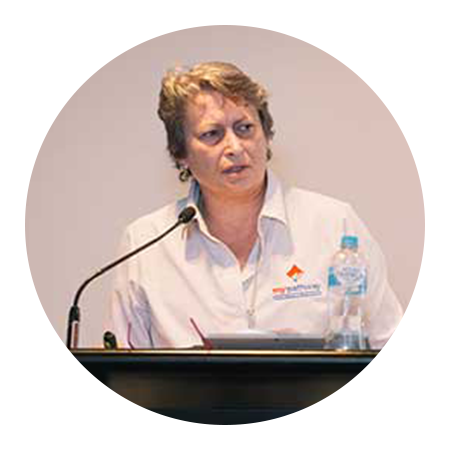
Anne Russell
Anne is the biological mother of two adult children with FASD. She started working to support people with FASD in 2000, and in 2005 her first book ‘Alcohol and Pregnancy – A Mother’s Responsible Disturbance’ was published. In 2007 Anne founded the Russell Family Fetal Alcohol Disorders Association.
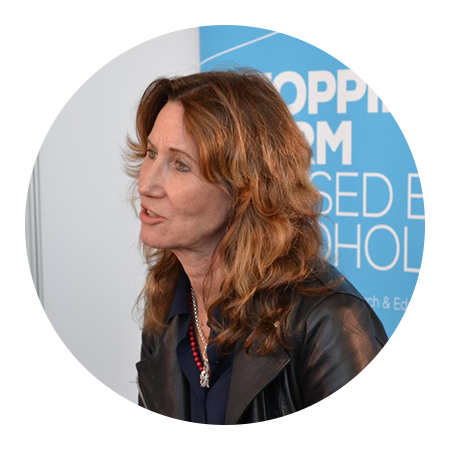
Louise Gray
Louise is the Executive Officer of the National Organisation for Fetal Alcohol Spectrum Disorders (NOFASD) Australia. From its grassroots beginning, NOFASD has become the leading provider in Australia of information, services, linkages and referrals regarding FASD.
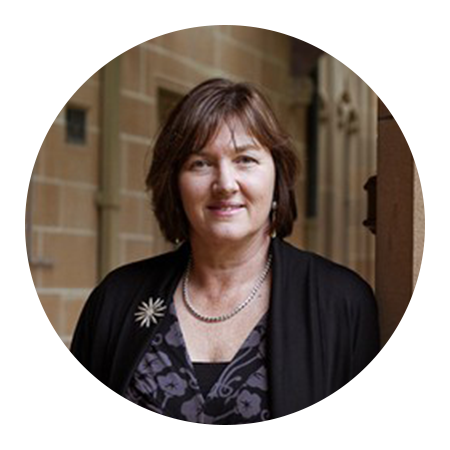
Professor Elizabeth Elliott AM
Professor Elliott has been involved in diagnostic and clinical work in FASD in Australia for over 20 years, having established Australia’s first clinic for the diagnosis and assessment of FASD. She continues to lead clinical services, research, advocacy and policy development regarding FASD in children and alcohol use in pregnancy.
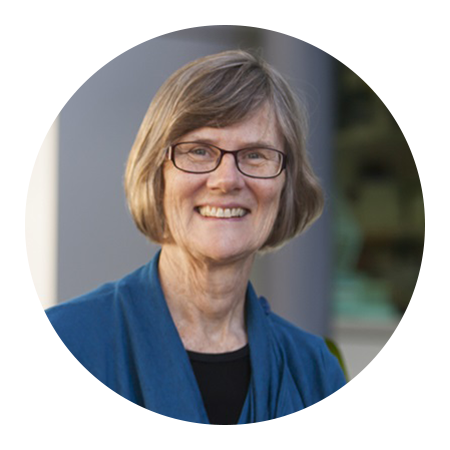
Professor Carol Bower
Professor Bower was instrumental in finding a direct link between folate and the prevention of neural tube defects in babies, which led to her securing policy change to ensure bread had added folate. She is one of the leading researchers around FASD and leads the alcohol and pregnancy team at the Telethon Kids Institute.
This is a prominent group of extraordinary women, but there are many other women and men in the sector who we also thank for their hard work in preventing FASD and other health conditions related to alcohol use.
Promising activities in 2020
A number of important milestone activities are occurring in 2020 that promise to help address the unacceptable risk to future generations of Australians.
The first milestone event is the current Senate Select Committee Inquiry into FASD, initiated by the Centre Alliance’s Senator Sterling Griff. This Senate Inquiry provides renewed impetus for action on implementing the recommendations from the 2012 Inquiry, and establishing the necessary framework and funding for prevention awareness and diagnosis, treatment and support services. Hearings get underway later this month.
One of the biggest barriers to preventing alcohol-related harm is low awareness around the risks posed by alcohol use at any stage of pregnancy, from pre-conception to breastfeeding. Up to 40 per cent of women are unaware that alcohol consumption during pregnancy could harm the fetus. There are three significant actions that will hopefully change this over the coming years.
Firstly, it is hoped that within weeks effective pregnancy warning labels will be approved, making it mandatory for alcohol companies to place a pregnancy health warning on all alcohol products from 2022.
Food Standards Australia and New Zealand (FSANZ) took action to legislate pregnancy warning labels in 2018, after the alcohol industry’s voluntary labelling scheme was exposed as an abject failure, with warning labels appearing on only 48 per cent of alcohol products.
FSANZ’s proposed label has a strong health warning with the words “alcohol can cause lifelong harm to your baby”.
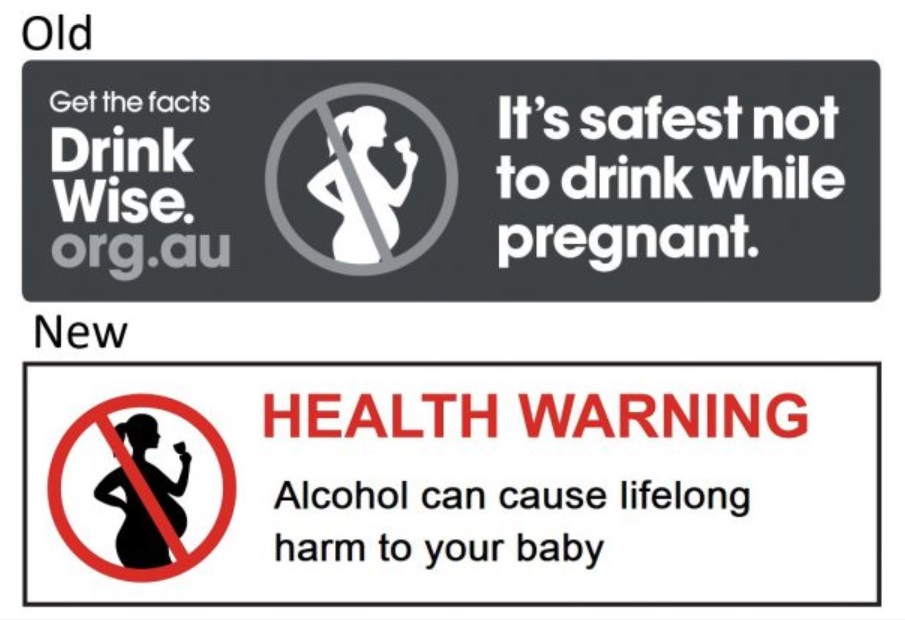
FARE is currently staging a final advocacy campaign across social media in an effort to get the mandatory pregnancy labelling scheme over the last hurdle, which is final sign-off by Food and Health Ministers following approved changes to the Australia New Zealand Food Standards Code.
In desperate 11th hour lobbying, the alcohol industry is exerting full pressure on Ministers to back down. Here’s an example of FARE’s call to action:
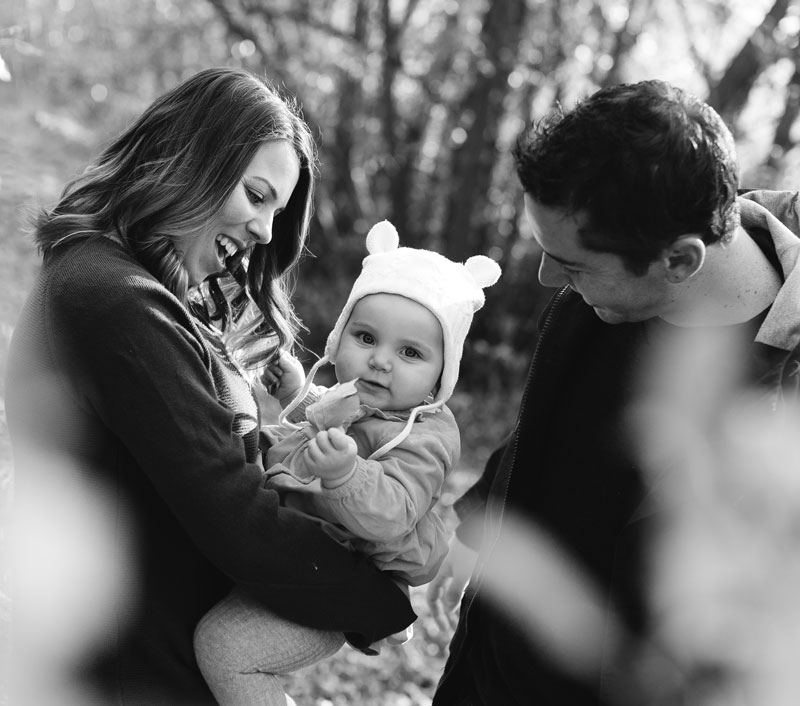
I am reaching out to you today to ask for your help.
I’m Jemima, a Senior Communications Officer here at FARE. I’m also the mother of a spirited two-and-a-half-year-old and am expecting our second baby in July.
I, like you, hope for a community where children are safe from alcohol harm.
And I, like you, believe that all women have a right to be informed about the products that can harm you or your unborn child if used when pregnant.
Alcohol is one such product, but still too many people are unaware of the damage alcohol can cause during pregnancy, including permanent brain injury (FASD), miscarriage or stillbirth.
Secondly, is thanks to a significant investment by the Australian Government of $25 million dollars for a national campaign to raise awareness of the potential risks and harm caused by drinking alcohol during pregnancy and while breastfeeding.
The campaign is being developed by FARE and will promote the third action, which is the strengthening of the National Health and Medical Research Council’s (NHMRC) drinking guidelines which state, “To reduce the risk of harm to their unborn child, women who are pregnant or planning a pregnancy should not drink alcohol”.

